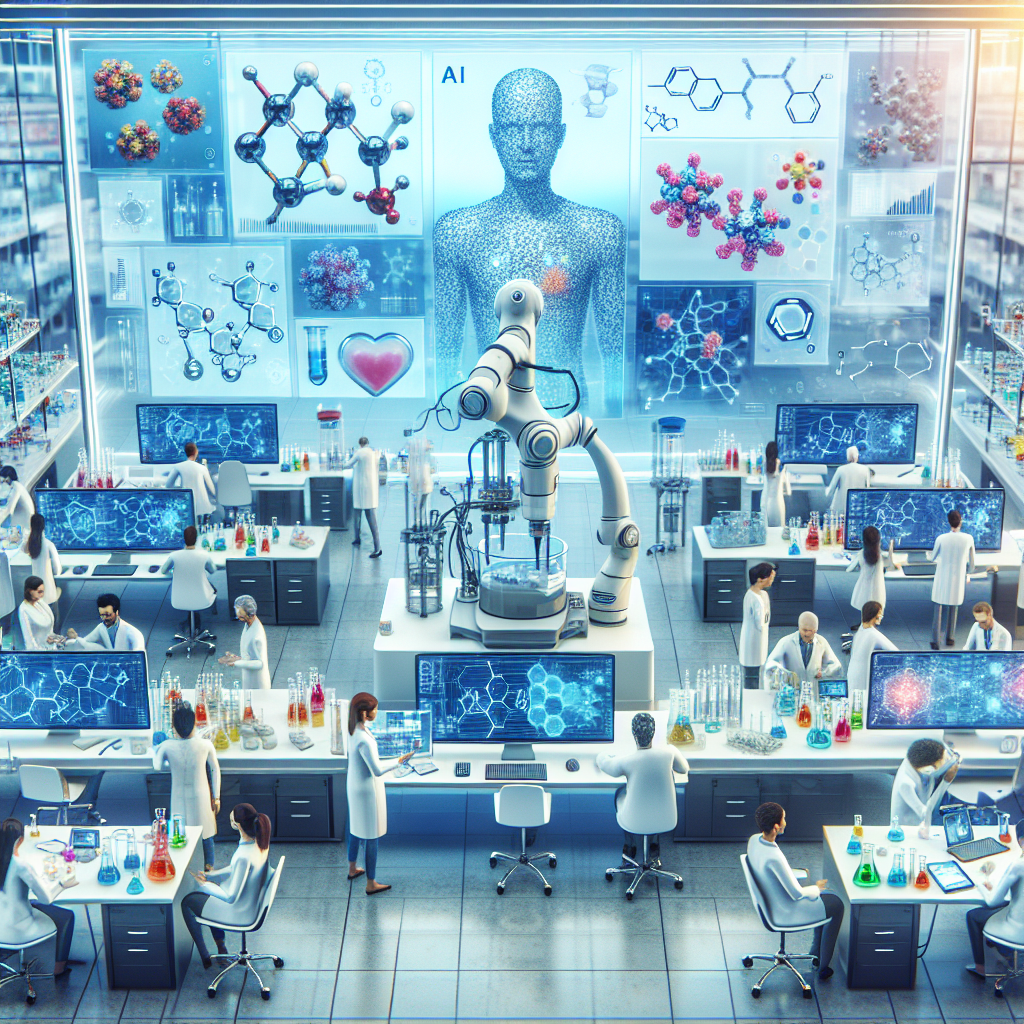AI Advancing Drug Discovery and Healthcare
When penicillin was discovered in 1928, it took over a decade before it was mass produced and widely distributed. Fast forward to the COVID-19 pandemic: researchers developed, tested, and rolled out vaccines in record time. What changed? Among many factors, AI advancing drug discovery and healthcare played a pivotal role in accelerating vaccine research and streamlining clinical trials. Artificial intelligence is no longer a futuristic concept; it’s transforming medicine today.
Revolutionizing Drug Discovery with AI
Developing a new drug traditionally requires an average of 10–15 years and billions of dollars. AI significantly reduces that timeline by automating key steps such as target identification, molecular design, and data analysis.
Key Contributions of AI in Drug Research
- Target Identification: Machine learning algorithms parse enormous datasets to identify biological markers associated with diseases.
- Molecular Simulation: Deep learning techniques simulate how potential drug compounds interact with target proteins, reducing the need for physical testing.
- Repurposing Existing Drugs: AI can rapidly screen thousands of approved compounds to find new, viable treatments, a method used in the fight against COVID-19.
Companies like Insilico Medicine and Atomwise are harnessing these technologies to cut down on development timelines and improve the success rate of clinical trials. According to Nature Biotechnology, AI-driven drug discovery has already led to several promising candidates entering clinical testing.
Improving Clinical Trials and Patient Outcomes
Another domain where AI is driving major change is in the execution of clinical trials and the delivery of personalized healthcare.
- Patient Recruitment: AI models analyze electronic health records (EHRs) to identify ideal trial candidates based on genetics, lifestyle, and medical history.
- Monitoring and Compliance: Smart wearables and AI systems track patient habits and vital signs in real-time, ensuring better compliance and faster insights into a drug’s efficacy.
- Personalized Medicine: AI-driven diagnostics allow for treatments tailored to an individual’s genetic makeup, increasing success rates and reducing adverse effects.
This fusion of digital health data with AI allows physicians to make faster, evidence-based decisions. Hospitals are now using AI algorithms to detect diseases like cancer and Alzheimer’s far earlier than traditional methods, offering new hope for early intervention.
The Road Ahead for AI in Healthcare
The integration of AI into healthcare is not just incremental; it’s exponential. From real-time diagnostics and robotic surgeries to drug repurposing and mental health chatbots, the future of medicine is being augmented by intelligent machines.
However, with great power comes great responsibility. Ethical considerations around data privacy, algorithmic bias, and regulatory oversight must be addressed to fully harness AI’s potential in healthcare.
As AI continues redefining what’s possible in medicine, one thing is abundantly clear—AI advancing drug discovery and healthcare is not just an emerging trend; it’s a fundamental shift that is reshaping how we understand and treat disease.

